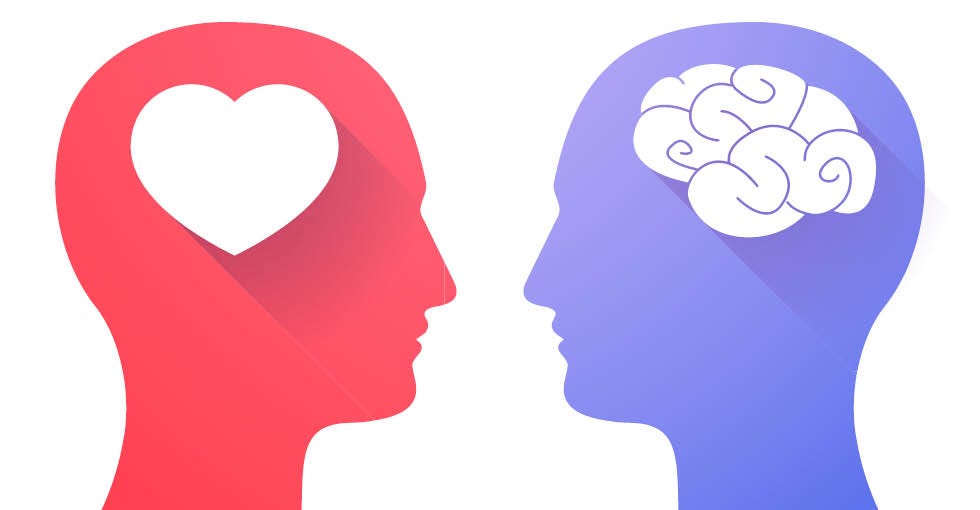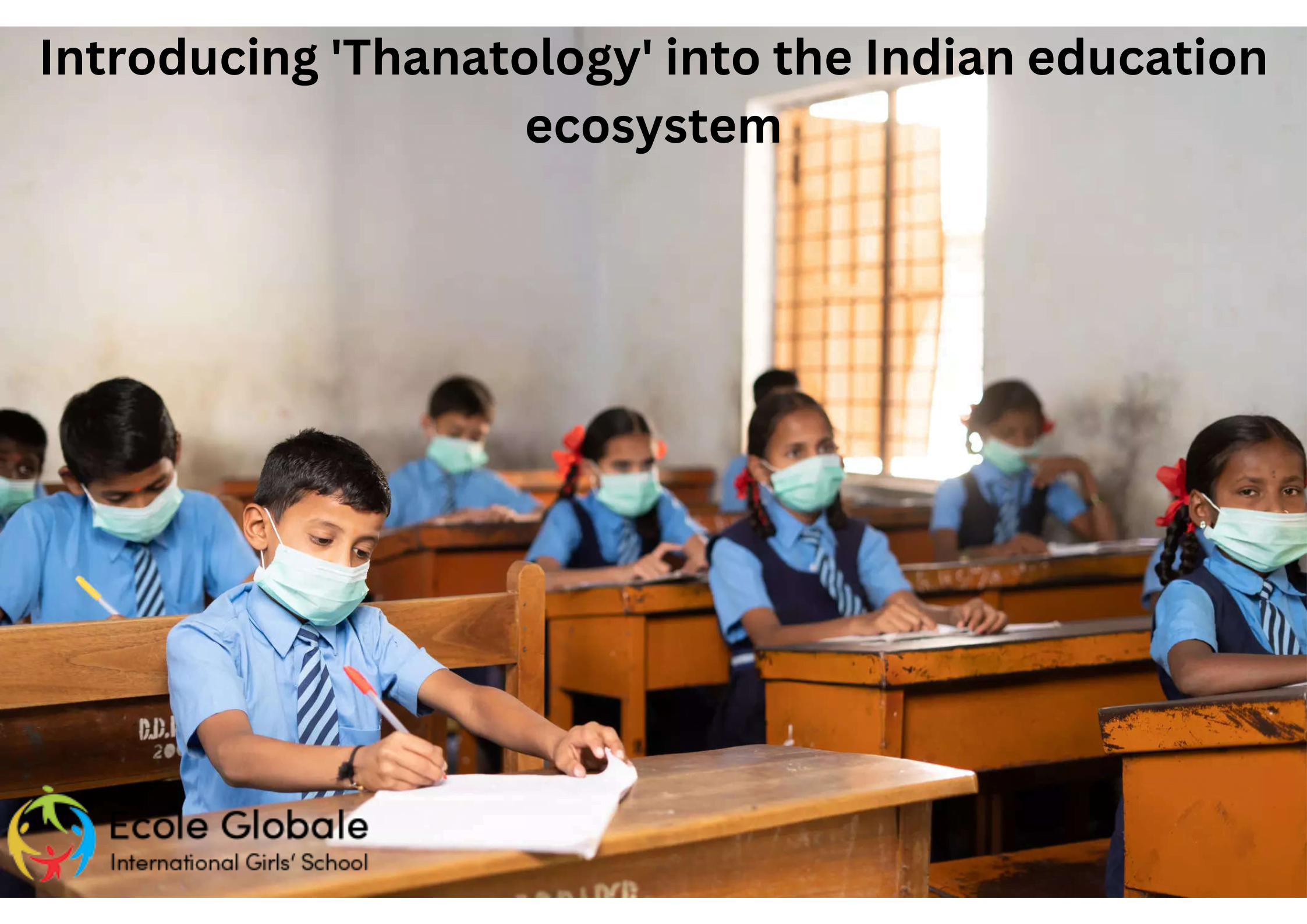Thanatology is a new concept in the Indian education ecosystem. Death and dying have become taboo subjects in India. In a country where religion, spirituality, and superstitions are inextricably linked to death, it is ironically no longer viewed as an integral part of life.
As per research conducted by boarding schools in Dehradun ,India is currently educating around 33 million students. However, very few of them are aware of Thanatology as a subject. Thanatology focuses on the study of death, dying, and bereavement. It has become crucial for Indians since the country has one of the highest suicide rates in the world due to social taboos surrounding death.
Thanatology: The scientific study of death.

Most people have heard of the phrase “the study of life,” which is affiliated with the biological sciences. What is not as well known is that a study can also be done on death. The scientific field called thanatology is devoted to studying death and associated phenomena, otherwise known as studying what happens when we die.
Thanatology is the scientific study of death and its effects. Its roots lie in the “death awareness movement”. It gained traction during the 1950s on both sides of the Atlantic Ocean. It investigates the physical changes that accompany death, as well as wider psychological and social aspects related to it—including mourning behaviours among humans.
It is an evolving field with a diverse range of research interests. Examples of these include:
- Death as a social problem
- Mental health concerning death and dying
- Social work and end-of-life care
- Palliative care issues
- The psychosocial aspects of chronic illness and disability
Significance of Thanatology

- In the field of science, death is still a mystery. It is necessary to understand death itself to understand mortality.
- Natural or unnatural causes, sickness or health, young or old age — regardless of the circumstances under which you die, there are still some universal facts regarding death.
- Specifically, this discipline encompasses the scientific study of physical, psychological, and spiritual experiences associated with death and dying. In addition to the scientific study of these phenomena are ethical issues arising for non-scientific disciplines (including clinical psychology), such as legal policy regarding euthanasia and other medical/social practices relating to death.
- People need to understand that they should not ignore their emotional needs because ignoring them will lead to many problems. When we accept our emotional needs, we become happy people who can live happily without or with less stress or depression. Students can take up a course at the university level if they want to learn about thanatology.
- It would be better if schools also start teaching this subject so that students get an idea about it before going to the university level.
The Indian scenario
- Thanatology, or the study of death and dying, is a subject that is not taught in most Indian universities. There is a need to develop a curriculum that brings together indigenous knowledge with modern theory and clinical practice.
- The Indian education system is in dire straits. In the last few years, there has been an increase in the number of suicides by students across India. There are many reasons behind this trend. However, one reason we must consider is that there is no concept of Thanatology in our education system.
- The reason for this is that it is not an important subject in the country. Most of our subjects are based on science and technology. We have very few subjects where we can learn about human psychology and emotions. It’s a pity that we don’t have such subjects because many people suffer from depression due to various reasons like losing someone close to them or having some other emotional issues in life.
- When Thanatology is introduced into the curriculum at the school level, it will help children understand what death is, how to deal with grief and loss and how to cope with the fear of death.
- A course in thanatology for children can help them cope with the loss of a parent or sibling. Death education is urgently needed in the Indian context.
Why incorporate Thanatology into the Indian education system?

- Existing courses in thanatology are either certificate or diploma courses. These courses are insufficient to provide comprehensive or complete exposure to this field.
- With the increasing focus on mental health and wellness, we should encourage people to start thinking about death education and its benefits.
- We can help destigmatize death by opening up the conversation around it.
- Death education in other parts of the world is not just taught as a part of the curriculum but also explored through artistic expressions such as performing arts and poetry.
- The concept of dying is inherently uncertain and confusing, but talking about it is more important.
- Even though people have reservations about this subject taught at an early age, experts say that introducing it into our schools will help kids become better adults and make them more aware of issues related to life and death.
- According to experts, children need support when they go through difficult times. But they also need guidance on how to deal with them without losing control over themselves or others around them.
Empathy as a virtue

Empathy is the ability to identify with others’ experiences, feelings and perspectives. It is a component of human interaction and is considered the basis for social skills. It helps one understand the other point of view better and thus can help build a more empathetic society.
It can be defined as the ability to feel what another feels or to put oneself in another’s place. Empathy includes understanding that other people have thoughts and feelings similar to your own. Empathy is a quality needed in modern society today.
In the 21st century, empathy has become a central theme in education. We live in a world where people are increasingly connected through social media. Technology relationships are increasingly virtual and impersonal. People can be friends through their phone or computer screen, individuals are becoming more self-aware, and there is an increase in conflict between individuals and groups due to differences over beliefs, values and attitudes.
In such an environment, understanding how others feel and perceive things is important for success. Empathy helps us develop our social skills to better understand others’ feelings, needs, and interests when they interact with us (especially those who are different from ourselves). It also helps us develop our emotional intelligence.
India needs to have academic programmes in thanatology.
Ideal education makes kids better adults.

As a subject, it aims at making children aware of their mortality and cherishes every moment of their lives. It also teaches them how to live a meaningful life.
Unfortunately, this subject is not taught in most schools across India because it is considered too heavy for children. But if we introduce this subject into our education system it will help us become better human beings who value life more than anything else in the world.
The biggest problem in our country is that we are not making enough kids better adults. We are making them more educated but less aware. We have lost touch with the real world and are focused on preparing them for the corporate world. As mentioned above, empathy as a value is losing significance.
Introducing subjects such as Thanatology and mental health awareness will benefit students in the long run. While India is on its way to becoming the knowledge hub of the world, subjects like emotional intelligence are left to children to gain on their own.
Professional and academic health in this field is the need of the hour.
Conclusion
There are several reasons why India should take up this subject seriously. We are doing no good to our children by ignoring such an important aspect. They will face many uncertainties when they grow up and become adults. Instead of giving them false hopes about heaven or reincarnation after death, we should prepare our kids for what awaits them so they can live better lives.
If some answers are not provided by parents or teachers then they will either look for them online or create their theories about death which may lead them astray from reality.
For any queries related to parenting, schooling, or any student-related tips, click here to check out our latest blogs









